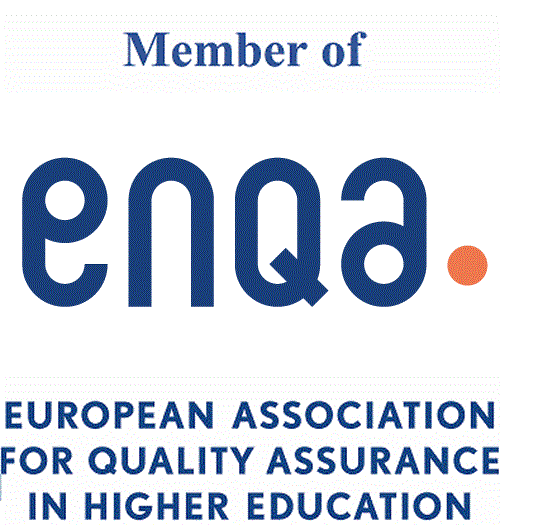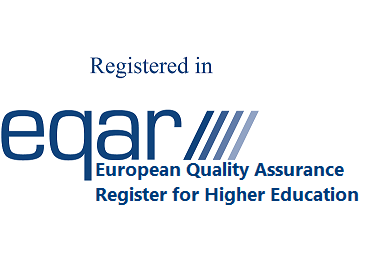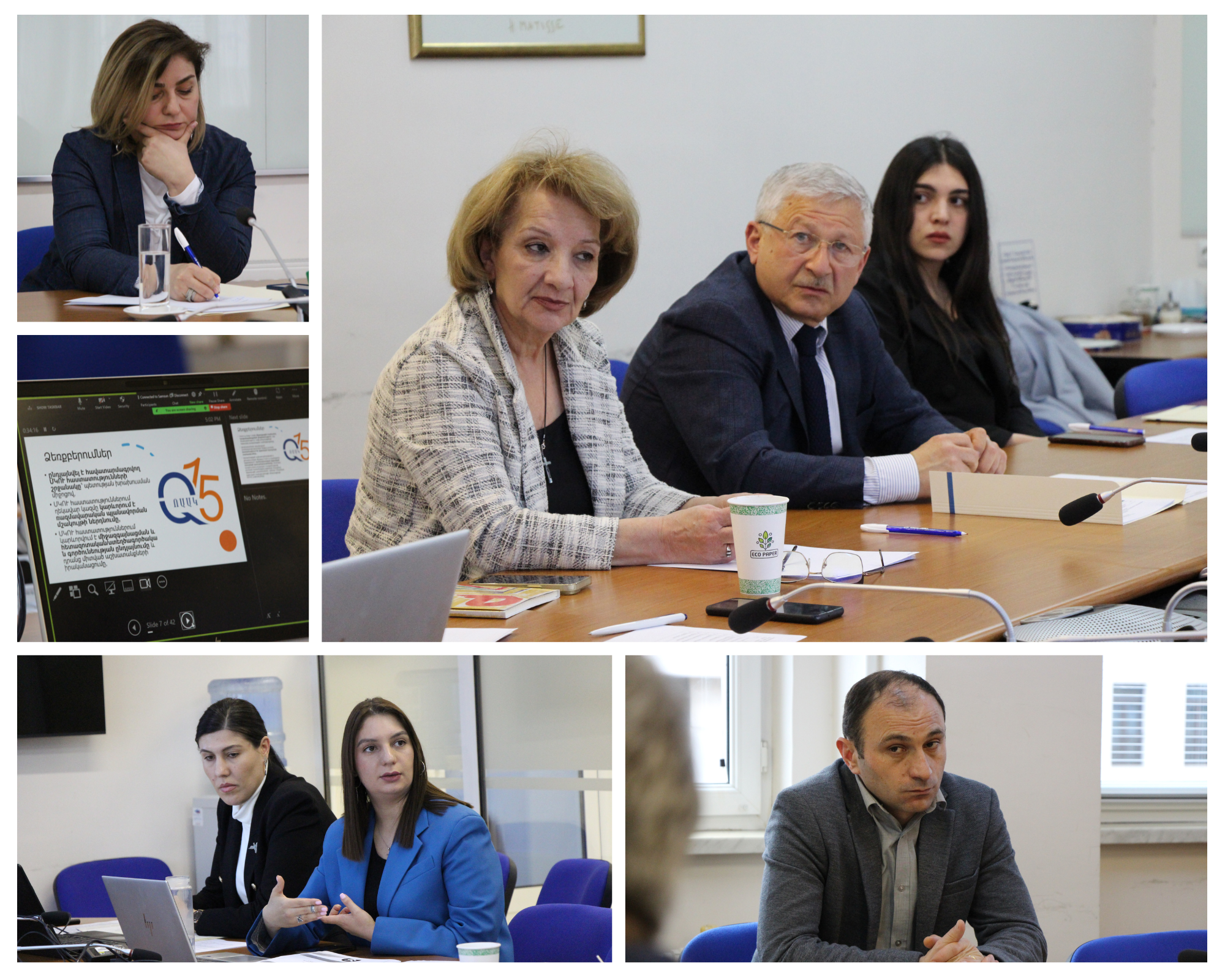On April 8, 2024, the regular session of ANQA’s Board of Trustees with 11 agenda issues, including one ongoing issue. The session’s agenda involved the selection of the secretary of the Board session, the hearing and evaluation of the ANQA director’s Activity Report 2023, the approval of the 2024 budget estimates for revenues and expenditures, structure, and staff list, new editions of the Procedure on the Formation and Operation of the Accreditation Committee, Procedure on the Maintenance of the State Accreditation Register, conditional institutional accreditation fees for the primary vocational (handicraft) and secondary vocational education institutions, programme accreditation fees for the primary vocational (handicraft) and secondary vocational education institutions. Kristina Tsaturyan, chair of the Board of Trustees, proposed to elect the Board secretary. The Board unanimously elected Ofelya Petrosyan, ANQA’s lawyer, as a secretary. Ruben Topchyan, ANQA’s director and Varduhi Gyulazyan, head of ANQA’s Institutional and Programme Accreditation Division, presented the activities of 2023, in line with ANQA’s goals of the strategic plan 2021-2025.
Particularly, in the reporting year: Institutional accreditation of 20 tertiary level institutions was organized, comprising 5 HEIs, 14 secondary vocational education institutions and 1 primary vocational (handicraft) education institution. The Accreditation Committee made a decision on the institutional accreditation of 16 VET institutions. ANQA carried out 20 institutional and academic programmes monitorings. ANQA organized and conducted five trainings on "Mechanisms for the Enhancement of Academic Programmes", an international training on "Alignment of Medical Academic Programmes with World Federation of Medical Education’s (WFME) standards", as well as three workshops dedicated to the discussion and presentation of best practices of academic programmes. ANQA carried out five expert trainings, enabling the addition of 92 new experts to its pool. 87 local and 8 international experts were included in the accreditation process. ANQA’s “Students’ Voice” project trained 70 students from the RA HEIs and VET institutions. One of ANQA’s student experts became a member of the ESU's Quality Assurance Student Experts' Pool.
ANQA held two conferences "Impact of Accreditation on the Formation of Quality Culture of Tertiary Education", attended by 100 experts, and a VET conference "Economic Growth through Skill Development" that attracted 250 representatives of 85 VET institutions. ANQA conducted the workshop "Implementing Necessary Activities for the Launch of Programme Accreditation, Continuous Enhancement of the Education Quality", which brought together 30 vice rectors from 16 HEIs. ANQA also organized a training on the implementation of self-evaluation for VET institutions, engaging 75 participants from 15 VET institutions. ANQA organized a meeting discussion with vice rectors and QA managers from six medical HEIs, focusing on enhancing academic programmes to meet the WFME international standards and developing standards tailored to the medical field. ANQA recorded successes in internationalization as well. ANQA continues its membership in ENQA, EQAR, INQAAHE and CEENQA. ANQA also takes part in five ERASMUS+ projects (SMARTI, T-GREEN, Micro-GEAR, KPI4HEI, DeSIRe). In the reporting year, ANQA signed cooperation agreements with the National Center for Educational Quality Enhancement of Georgia (NCEQE) and the Italian National Agency for the Evaluation of Universities and Research Institutes (ANVUR). ANQA also launched cooperation with the British Council Armenia. ANQA was also actively involved in the development of legal acts. Particularly, ANQA put forward suggestions to the RA ESCS Ministry for the amendments of the Statute on State Accreditation of Tertiary Level Institutions and their Academic Programmes in the Republic of Armenia, the RA State Accreditation Criteria, drafts of the RA Laws on Vocational Education and Training and Higher Education and Science. The main amendments in the Procedure on the Formation and Operation of the Accreditation Committee pertained to including a student representative in the Accreditation Committee, extending the Committee's term from four years to five years, addressing editorial issues and complying legal technical requirements. Aiming to increase the international recognition of ANQA’s accreditation results on the international platform, ANQA joined the Database of External Quality Assurance Reports (DEQAR) of the European Quality Assurance Register for Higher Education (EQAR).
The process required the review of the procedure on the maintenance of the state accreditation register and the structure of the latter. As a result, a new Procedure on the Maintenance of the State Accreditation Register was developed. Given the pending approval of the amendments to the Statute on State Accreditation of Tertiary Level Institutions and their Academic Programmes in the Republic of Armenia, ANQA submitted for the Board approval the fees for institutional accreditation of education institutions holding conditional institutional accreditation. The action plan arising from the law on approving the Education development plan until 2030 envisaged programme accreditation of the regulated professions of the primary vocational (handicraft) education institutions. Due to this requirement, ANQA also submitted for the Board approval the fees for programme accreditation of primary vocational (handicraft) and secondary vocational education institutions. The 10 issues submitted for the Board approval were unanimously accepted. The agenda’s ongoing issue concerned the draft of the new edition of ANQA’s charter and the subsequent activities related to it.



